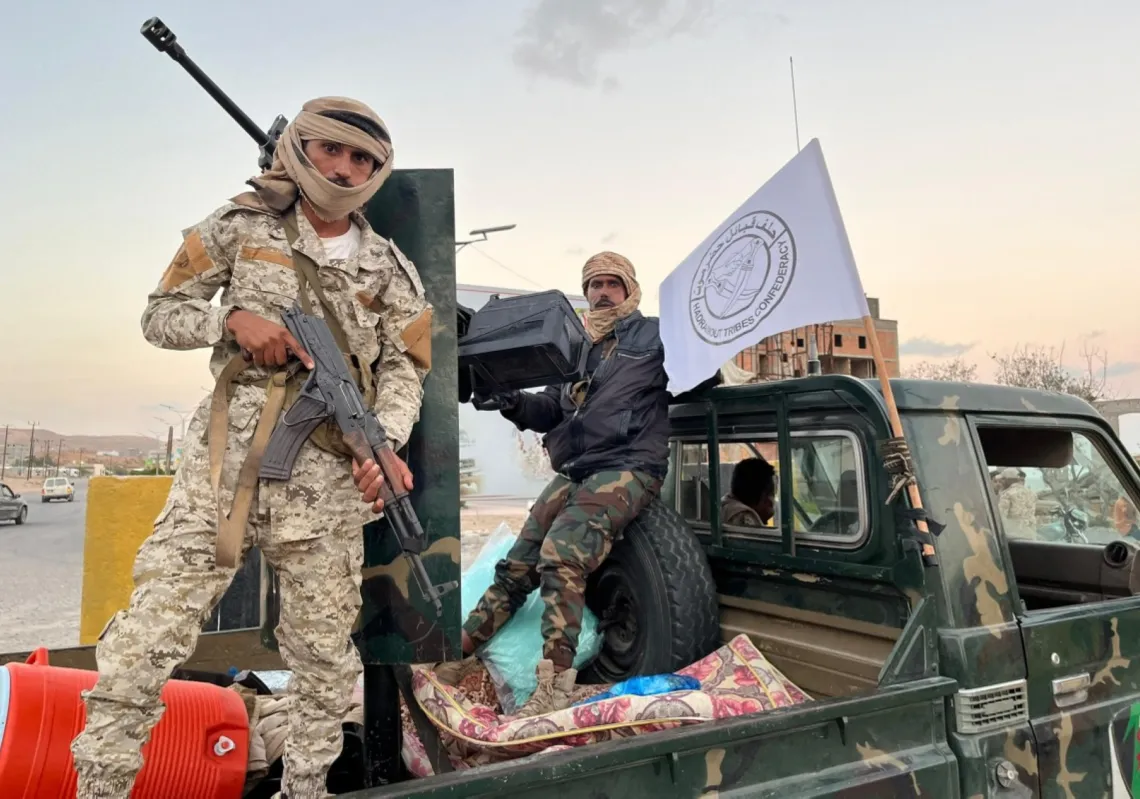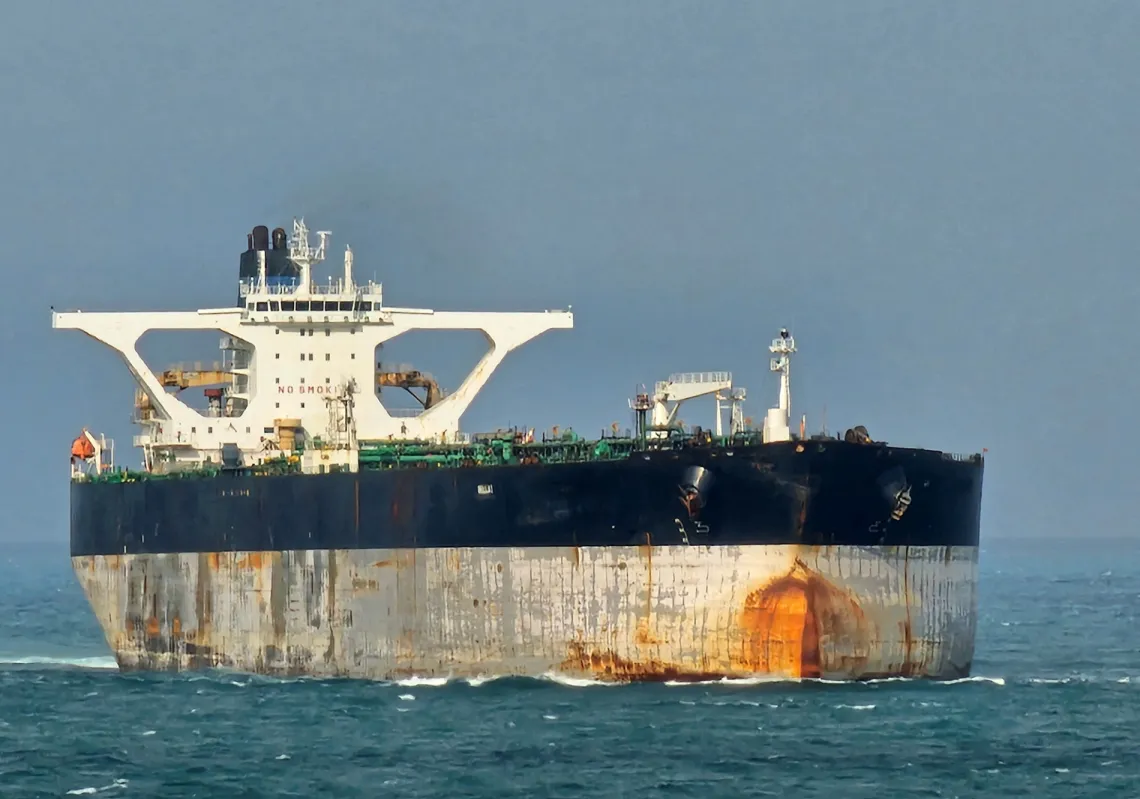The uprising of the 7 of July 2009 was considered a distinct shift in the march of the South Liberal Revolution. The supporters of the revolution in all the south provinces have come out in the streets shouting slogans condemning the occupation and calling for the independence of the South. The shouts of the protesting crowds reflected the aspirations of the people of the South for regaining their freedom and Arab identity unfettered by fear and uncertainty.
Today, there is no place for compromising solutions and bargaining among the masses of the South. Unprecedented numbers of people came out to the streets of Aden, the capital, Eldalle, Abyan, Hadramout, Shabwa, and many other districts and villages. They declared it a day of Southern anger, in response to the day when Yemeni forces invaded the southern territory of the capital of Aden and the south five years ago. It was a strong uprising, indicating that it was different from all the sit-ins and rallies, which were many, that preceded it in recent years.
This time, the uprising appeared to cover all the various provinces and districts, as every province and district was crowded with protesters who defied all kinds of weapons that were used in suppressing the South uprising. The anger, resolve, and determination of the protesters was apparent in the reiteration of slogans calling for independence, the waving of the flags of the South state, and the raising of banners claiming the inherent identity of the Arabian people of the south, which the Arabian Socialist Party tried to rob them of, as it robbed them of their freedom and their independent state through the conspiracy of May 1990.
The uprising of the 7 of July 2009 is the beginning of a spark that can not be put out. The protesting crowds continue to roam the streets and resist live bullets, arrests, and weapons of death and murder, declaring that this uprising is no longer a mere expression of anger in the memory of the painful and sad day when the historical capital of the Arabian South, Aden, had fallen in the hands of a tribal, barbaric, and underdeveloped campaign. In fact it is the beginning of a declaration of civil disobedience and continuous peaceful confrontation, until the regime falls and the South breathes the breeze of freedom.
The whole world was watching closely. The media has now come out of its silence, as it is no longer able to ignore this movement. But it transmits a wrong and distorted image of what is happening, in a final attempt to ignore the unique revolution of the people of the South, which has emerged to the surface. The parties in power, which claim that they represent the opposition, such as the Yemeni Socialist Party, also known as the “Houci” party (major enemy of the South and its people), and the extremist Reform Party (claiming to be an Islamic party), which exchanges the role of the opposition and power with the Popular Congress party, were not capable of leading the uprising of the South. Also, no one among the media or the parties known as the joint meeting parties may ostensibly claim that the demands of the protesters are legal demands aimed at reforming the governing system and eliminating corruption. In fact, the call for the independence of the South, and the talk about its independent Arabian identity and independent history, has become the slogan of the flaming revolution of the South.
In the face of this obvious transformation, both the regime and the joint meeting parties – the other side of the occupation authorities – tried to control the people of the South but failed completely in their attempt to do so. Every time the agent parties and the collaborators with the occupation raised a slogan in an attempt to bury alive this revolution, the South people, armed with awareness, raise different slogans and higher ceilings. Once upon a time, those agent and worn-out parties described the rebelling masses as highwaymen and the owners of small shops. Today, these parties pretend to stand up for the South, granting that it suffers from injustice and discrimination, but that the callings of the South people are dangerous and destructive ones. They claim that the call for the independence of the South will not stop at this point. That the South and Yemen will be divided into small fragments, and that the two countries will enter into a spiral of violence that will affect the whole of the region.
Thus, these parties want to justify and legitimize the occupation using these alleged fears which they fabricated and which were circulated by the ruling clique in Sana'a. They ignore the fact that the regime with its current status is following the Somali example, not because of the issue of the South, but due to the total collapse and fragmentation which beset this diseased regime, destroying any hope for establishing institutions and a nation.
One should question the value of a unity and parties that do not consider the interests of the entire population but go in the opposite direction. They seem not to have realized that Yemeni people are enlightened enough and refuse to be oppressed under the name of unity and Arab nationalism.
The independence of the South, which has become imminent, will not be a cause for spreading violence and harming the region. Instead, it will be a pre-emptive strike to prevent the spread of such chaos, disintegration and violence which became a fact that prevails one day after another.
This fact is fuelled by the Yemeni regime which uses it as a card to blackmail neighbouring countries and donor nations to get more aid. This aid goes to the regime's corrupt oligarchy while it does not reach the people targeted with this support.
At the same time, the regime uses this card to prevent neighbouring countries from denouncing the crimes committed by the Yemeni occupation regime against the people of the South. The neighbours are not aware that through their silence they are giving the green light to the ruling regime to commit more follies, crimes, and fuel the situation that went out of hand.
Choosing not to pressure this regime, they do not stop this serious and frightening deterioration. Rather, they escalate the situation towards blocking the doors in front of peaceful solutions and encourage violence which will hit everyone in the Arab peninsula and especially the Gulf.
Yemen today has nothing to lose, so there is no room for talking about investment and tourism. The country has become a hotbed of poverty and terrorism. Corruption, extremists and smugglers became rife, of all types and at the highest levels.
Yemen has also become a base from which these sins spread in all directions. They have already started to infiltrate the southern Saudi border and the Gulf of Aden, where the coalition countries failed with all their capabilities to confront these threats.
A question that remains regarding this issue is why the fact that the so-called Yemeni unity was declared without a public referendum and faced failure since the first moment is widely ignored. This came when the so-called Interim Phase, announced between 1990 and 1994, failed to integrate the two countries and their institutions.
This period witnessed a wave of assassinations and was dominated by violent struggle which culminated in an all-out war between the two countries and two armies. The war lasted for 77 days and ended with the Yemeni forces invading the southern territories and all the resources of the southern state were destroyed. Moreover, public and private property was seized as spoils of war and this constituted a policy that has been practiced ever since.
Why does the world ignore that the people of the south resist this racist and discriminatory policy and the tendency to expel and destroy anything that belongs to the south? This policy has been practiced since the day of declaring the unity in May 1990. What is also ignored is that the resistance has developed and ramified to the extent that most areas in the southern governorates became liberated and Yemeni occupation authorities could only govern the capital Aden mainly and provincial capitals in a more limited manner.
Increasingly, Yemen is facing the difficulty of qualifying as a state which performs the functions that its institutions ought to perform. The regime also brutally suppresses peaceful demonstrations, as they have arrested more than 10,000 citizens in Aden alone on July 7, 2009. The authorities placed them in sports courts and hangars after they jammed prisons, detention camps, and cellars. They were prevented from having water, food, medicine and seeing visitors. In spite of the difficulty for the media to operate in the country, there are even reports of torture being used by the Yemeni security forces.
Another question that has to be asked is why do some people believe that the solution to the problem of southern Yemen will come from outside the country. Past experiences and attempts to patch and cover up for the regime have failed. It is a regime that became exposed and was not covered by all the aid provided by international institutions and donor countries in addition to the huge donations from neighbouring countries, not to mention the national wealth looted from the country itself.
Furthermore, the Arab League has to perform a more active role in this crisis, and not wait for the action of other international actors or powers. All these questions became familiar to our ears, so will the wise people listen to the voice of the Arab people in the south of the Arab peninsula?
Abdou El-Naqeib -
Secretary of the Information Service Southern Democratic Assembly of Yemen “Crown”








